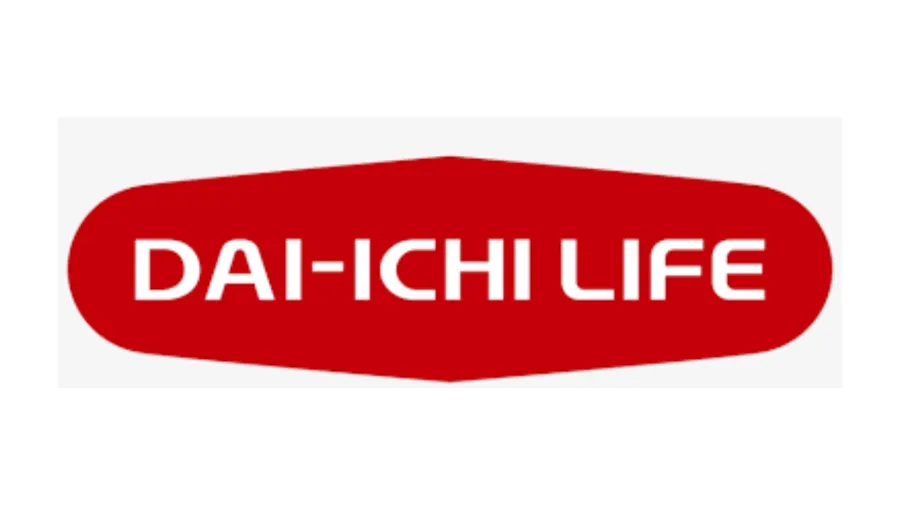
Sluggish Dai-ichi Life first quarter performance effect of hedged bonds sale: CreditSights
Despite higher interest income from unhedged foreign currency bonds, it couldn't offset this decline.
Japanese insurer, Dai-ichi Life’s (DL) first-quarter (1Q23) profit dropped by 25.9% year-on-year (YoY) to ¥61.1b.
CreditSights, a unit of the Fitch group, said it was primarily due to the decreased interest and dividend income resulting from the sale of hedged bonds in previous periods.
Notably, interest income from currency-hedged bonds fell significantly from ¥43.5b in the same quarter last year (1Q22) to ¥19.7b in the first quarter of 2023.
Despite higher interest income from unhedged foreign currency bonds, it couldn't offset this decline.
Rising hedging costs affected investment spreads, causing the investment return (0.47%) to fall below the assumed return (0.44%), leading to a 42% decrease in net income to ¥58.5b.
Despite this, the company started recovering from COVID-19-related impacts, partially offsetting the investment income drop.
While new business value remained low due to reduced sales force, sales productivity per representative is improving.
The balance sheet remains robust, with a 13.7 percentage point increase in the solvency margin ratio to 879.1%, exceeding regulatory requirements.
Yen fixed-income securities make up 72.3% of the investment portfolio.
ALSO READ: Dai-ichi Life’s underwriting profitability to recover: Fitch
At the parent company level, Dai-ichi Life Holdings' economic solvency ratio stayed stable at 226%, unaffected by market fluctuations, including recent stock price increases and inflation.
The group's embedded value rose by about 3% to ¥7.6t due to higher domestic and foreign stock prices, boosting DL's net assets.
Meanwhile, the surrender/lapse rate slightly increased to 0.90% in 1Q23 from 0.82% in 1Q22.
Looking ahead, although product sales volume is expected to stabilise in fiscal year 2023, the improvement will likely be modest.
Anticipating higher interest rates in the US and other countries, the company foresees currency hedging costs rising to ¥80b from the earlier forecast of ¥70b.
To counter this, the company plans to shift investments to fully currency-hedged bonds with currency swaps, while reducing currency-hedged bonds reliant on currency forwards.
Despite this, the company predicts a growth in core profit due to reduced COVID-19-related payments.



















 Advertise
Advertise









